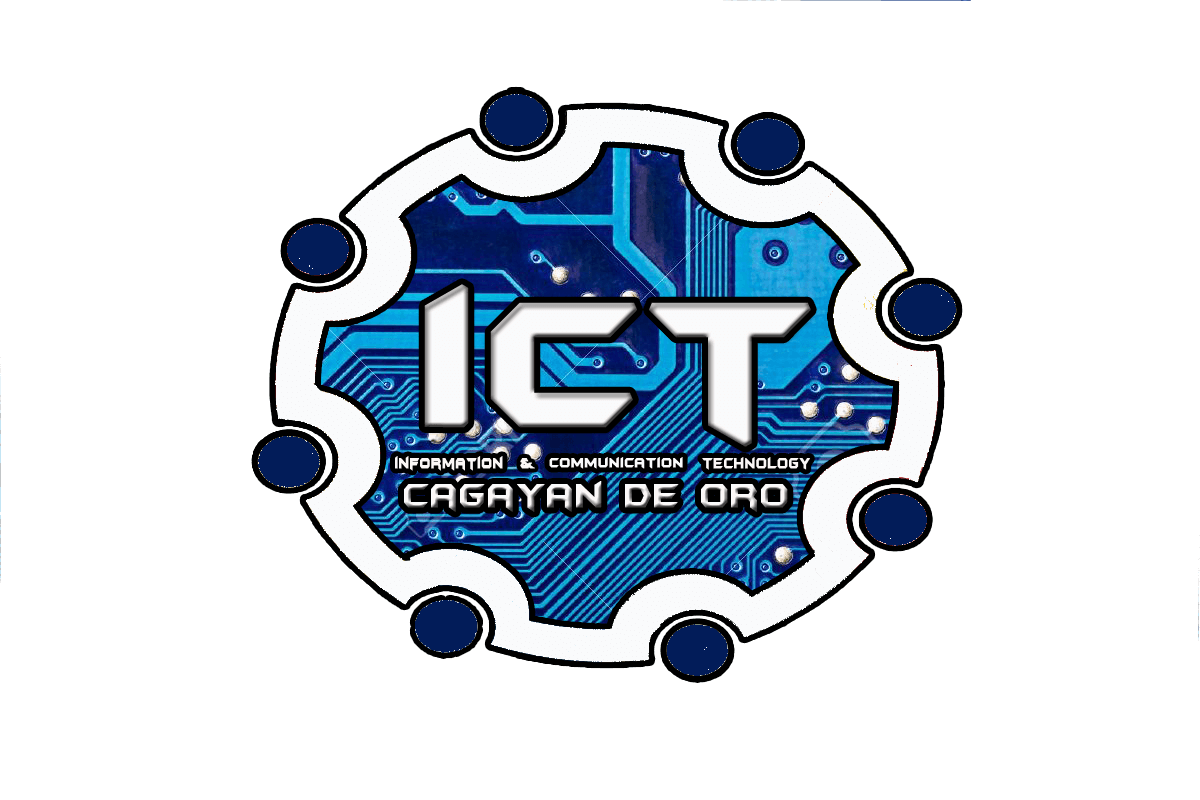

Tobacco has been identified as the primary risk factor in the Philippines for a range of noncommunicable diseases. It contains the highly addictive psychoactive ingredient, nicotine. Many of these deaths also occur from inhaling second hand smoke.
According to the Department of Health, aside from preventable deaths, there are also direct and indirect costs to the economy. Early death, disability, lost productivity, and healthcare expenditures contributes to the burden of poverty, retarding national development. At an individual level, a portion of the income a tobacco dependent consumer is diverted from food, education and health. This is upsetting because more than 80% of the world’s one billion smokers live in low - and middle-income countries like the Philippines. Smoking cost our economy more than PhP188 billion pesos (Dans et al., 2012).
Presidential Proclamation no. 183 s. 1993 declares the month of June as the National No Smoking Month in the country. It aims to raise public awareness on the ill effects of smoking, as well as encourage smokers to give up the habit. Republic Act 9211 which regulated the packaging, use, sale, distribution and advertisements of tobacco products further strengthened the government’s campaign to promote a healthful environment and protect Filipinos from the hazards of tobacco smoke.
Quitting smoking is one of the most important ways to improve health, regardless of your age or how long you have been smoking. After smoking your last cigarette:
• Within 20 minutes your blood pressure, heart rate, and body temperature will return to normal values. Cilia in the bronchial tubes which help move irritants and bacteria out of the lungs will start to move again, reducing the risk for infection.
• Within 12 hours your carbon monoxide levels will return to normal, ensuring that oxygenation to your tissues and blood vessels increase.
• Within 24 hours your risk for having a heart attack begins to decrease
• Within 48 hours your sense of smell and taste will begin to return.
• Within 72 hours your body is “free” of nicotine, and your lung capacity increases
• One week after the last cigarette is a milestone - smokers who successfully make it to one week are nine times as likely to successfully quit
• Within 3 weeks both your body and brain will no longer be dependent on nicotine
• Within 3 months your blood circulation and lung function has significantly improved. Women have improved fertility rates a swell as reduced risk that babies will be born prematurely.
• Within one year your risk of coronary heart disease is half that of a non-smoker, coughing and shortness of breath decrease, and you would have saved a large amount of money
• Within 10 years your risk for cancers decrease significantly
• Within 15 years your health risks are similar to those of a non-tobacco user
JRBGH fully supports the government’s campaign to eradicate smoking, especially in our youth. You can enlist your doctor, family and friends to support you in your quest to live a healthier, smoke-free lifestyle. You are worth it.
Sources: Department of Health
World Health Organization


